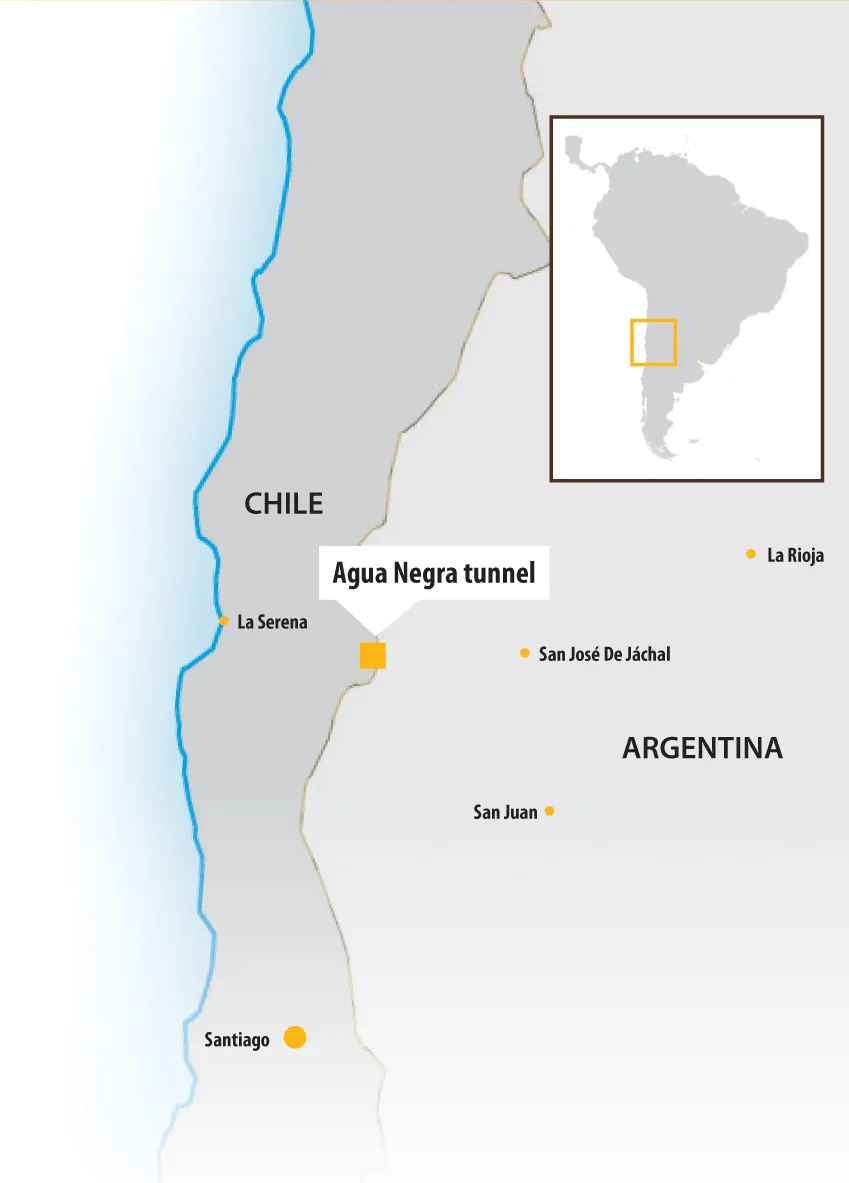Delays now look likely to affect the construction programme for Chile’s Chacao Bridge project. The US$740 million bridge project, long in planning, has been delayed on previous occasions for a number of reasons. The tolled link will connect Chiloé Island with the Chilean mainland in its Region X once complete. This 2.6km link will become South America’s largest suspension bridge although its opening will reduce journey times considerably over 25-45 minutes taken by the ferries used at present to link with C
August 28, 2013
Read time: 2 mins
Delays now look likely to affect the construction programme for Chile’s Chacao Bridge project. The US$740 million bridge project, long in planning, has been delayed on previous occasions for a number of reasons. The tolled link will connect Chiloé Island with the Chilean mainland in its Region X once complete. This 2.6km link will become South America’s largest suspension bridge although its opening will reduce journey times considerably over 25-45 minutes taken by the ferries used at present to link with Chiloé Island over the Chacao Channel. According to Chile's public works ministry, MOP, has moved back the tender process for the project towards the end of 2013.
The concession should be awarded in early 2014 with construction work itself commencing in 2015 and the structure opening to traffic in 2019. Eight consortia pre-qualified for the tender process. These are: Isei Joint Venture, Constructora Puente Chacao (CPC),3959 Sacyr Samsung 3220 Parsons Puente Chacao, Consorcio Puelche, China Railwaygroup Limited, 3366 China Road and Bridge Corporation, Consorcio Cai Cai Vilu and Consorcio 1511 OAS-236 Hyundai-5549 Systra-Aas Jakobsenv.
Work on the bridge was original supposed to start in 2007 with its opening planned for 2012. However, a substantial increase in the costs estimated by the project team of designer and contractor showed that the price would exceed the limit imposed by the968 Chilean Government. The project was cancelled, prompting an outcry from those on the island and was then revived in 2009 as a fall in the cost of steel made it economically feasible once more.
The concession should be awarded in early 2014 with construction work itself commencing in 2015 and the structure opening to traffic in 2019. Eight consortia pre-qualified for the tender process. These are: Isei Joint Venture, Constructora Puente Chacao (CPC),
Work on the bridge was original supposed to start in 2007 with its opening planned for 2012. However, a substantial increase in the costs estimated by the project team of designer and contractor showed that the price would exceed the limit imposed by the






